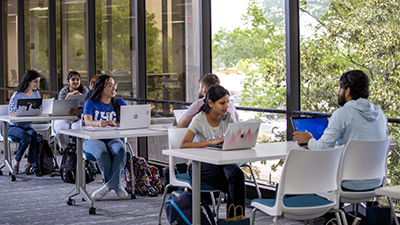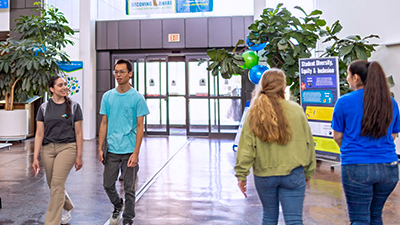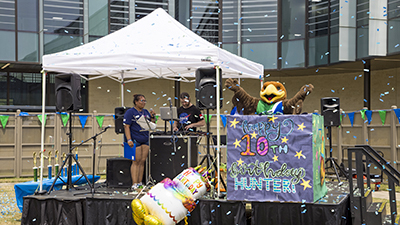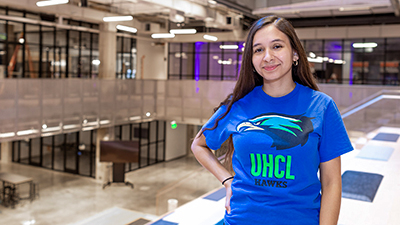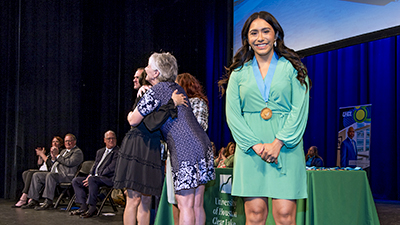Career Services director discusses what to expect in post-pandemic job search
By Katherine Adams

The search for a job has never been easy. But since the COVID-19 pandemic began in 2020, there are even more variables to consider. Job candidates, recruiters and employers are all finding ways to adjust to the challenges that have arisen since the pandemic completely changed the way the world does business.
“Nothing is as it was before, and there are things we will never go back to,” said University of Houston-Clear Lake’s Director of Career Services Chuck Crocker.
“Before the pandemic began, there were a small minority of companies that were just beginning to do virtual interviews on some proprietary platforms. Typically, an applicant would get a phone call, be ‘screened’ in a phone interview, and then if they passed, they would be invited on site to do an in-person interview,” he said.
After the lockdowns began in March 2020, all business was conducted on Zoom or other virtual platforms, forcing employers and industries to adapt. “It’s become standard operating procedure to use some form of virtual platform to interview,” Crocker said.
Now that we are the other side of the pandemic, and almost all businesses are open for in-person interaction again, Crocker said there have been changes with the recruiting process, as well as with the expectations of recruiters and job candidates.
“On both sides, people are looking at Zoom as a great tool and wondering why they didn’t use it before,” he said. “It’s more useful for those initial interview screenings that used to take place on the phone. Many questions employers ask candidates are the same, but now they also ask about work expectations in terms of modality. Employers are saying up front that it’s a hybrid workplace or whatever it may be, because they do not take for granted that an employee will want to come daily to the office.”
This can be a problem, Crocker explained, because many positions have traditionally required the employee’s physical presence on site. “Management training programs are not getting filled because people don’t always think they should have to come to the office five days as week when they can work at least partly remotely,” he said. “That is a product of the last two years. We have changed our expectations about how much we actually need to be physically present at our workplace.”
He said recruiters and companies are wrestling with this question and formulating statements about workplace modalities because before the pandemic, they didn’t have to address this. “The big change now is that neither side can assume the work modality. However, if employers can offer a fully remote position, that can be a big selling point for a lot of job candidates.”
Crocker said job candidates should be prepared to answer questions about whether they’re prepared to work on-site or remotely and express flexibility and positivity. “You need to know yourself and how you work best,” he said. “You have to be clear about whether you’re able to work remotely, in a hybrid modality, or fully in person.”
UH-Clear Lake’s Career Services assists students with skills, tips and leads regarding career training. Jobs4Hawks, powered by Handshake, is Career Services' online resource that offers students development opportunities as well as help finding jobs on and off campus. For more information about Career Services, go online.

